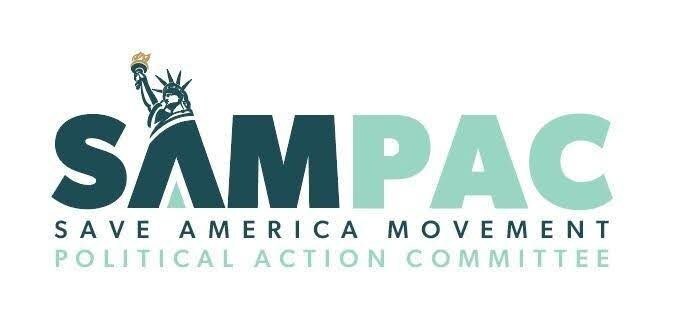Residents of Pine Hills, Florida, are voicing their concerns regarding mischaracterizations of their community in a recent article. The piece, published on September 29, described Pine Hills as “a relatively low-income, mostly Black and Hispanic community.” Local resident Kenneth Dwyer disagrees with this portrayal, arguing that it does not accurately reflect the realities of the area.
Dwyer, who serves as the chair of the Pine Hills Safe Neighborhood Partnership, points out that the community boasts a home ownership rate of 63%. He notes that when homes were first sold in 1952 for under $8,000, residents benefited from appreciating property values. Today, many homes in Pine Hills are selling for over $250,000. Dwyer emphasizes that Pine Hills is a vibrant community characterized by hard work and affordability, offering options that differ significantly from the more expensive neighborhoods of nearby Dr. Phillips and Windermere.
The recent opening of H Mart, an Asian supermarket, has attracted significant crowds, further reinforcing Pine Hills as a desirable shopping destination. Dwyer contends that such developments challenge the economic stereotypes often associated with his community.
In a separate issue, there are growing concerns for Florida’s black bear population. Betsy McClain, a member of Sierra Club Florida, is urging Governor Ron DeSantis to reconsider the upcoming bear hunting season scheduled to begin on December 6. McClain argues that recent data from the Florida Fish and Wildlife Conservation Commission (FWC) indicates a troubling decline in bear populations, particularly in critical habitats like the Osceola National Forest, where bear density has decreased by an alarming 75% since 2015.
McClain asserts that declaring these bears as “recovered” does not align with the current evidence. She calls for a temporary moratorium on the hunt to allow for more accurate scientific assessments and to promote the conservation of Florida’s wildlife. “A pause allows the science to catch up,” she states, emphasizing the need for responsible stewardship of the state’s natural resources.
In a different context, William Higgins from New Smyrna Beach raises concerns regarding taxation policies linked to tariffs imposed during the Trump administration. Higgins questions the legality of these tariffs, which he argues are contrary to the constitutional mandate that grants Congress the authority to levy taxes. He cites the detrimental impact of such tariffs on business owners and consumers, calling for a unified response against policies that may be viewed as taxation without representation.
Finally, Boca Raton resident Alan Slootsky reflects on the polarized political climate in the United States. He advocates for a more balanced discourse, suggesting that both sides of the political spectrum should hold themselves accountable. Slootsky admires figures like comedian Bill Maher and Senator Ted Cruz for their willingness to challenge their respective parties on issues such as antisemitism. He believes that focusing on shared values rather than divisive rhetoric is essential for maintaining community cohesion.
These letters highlight diverse perspectives on community issues, wildlife conservation, taxation, and the need for constructive dialogue in an increasingly polarized society. The voices of Pine Hills residents and other concerned citizens illustrate the importance of accurate representation and responsible governance in local and national contexts.







